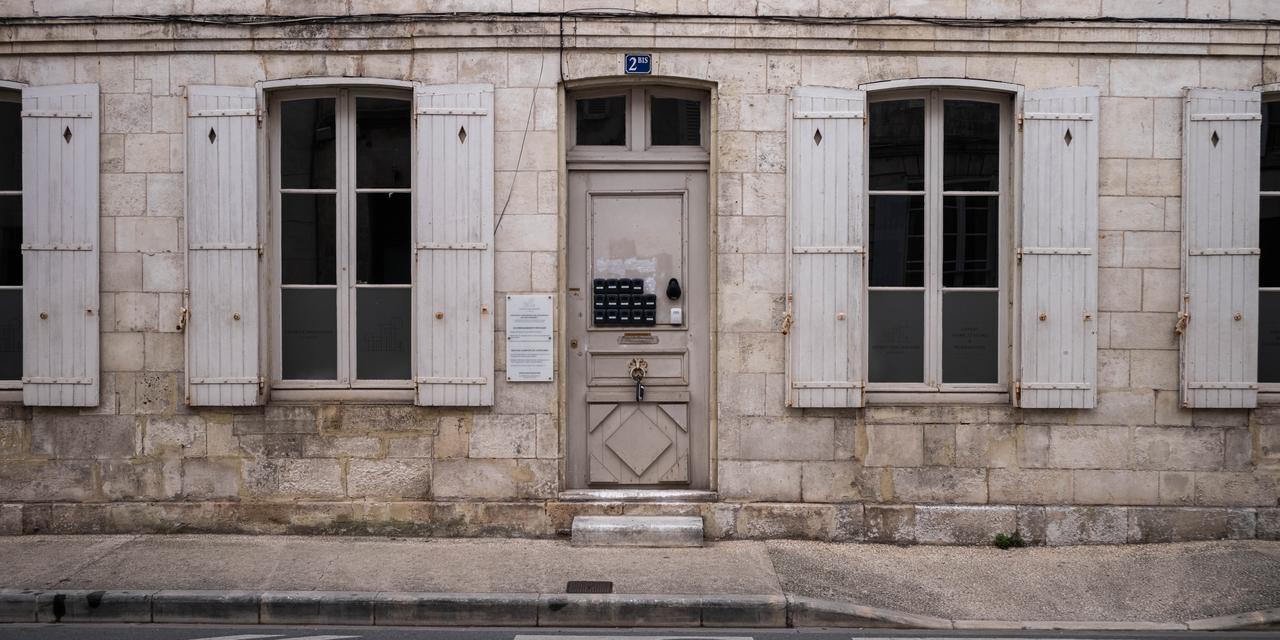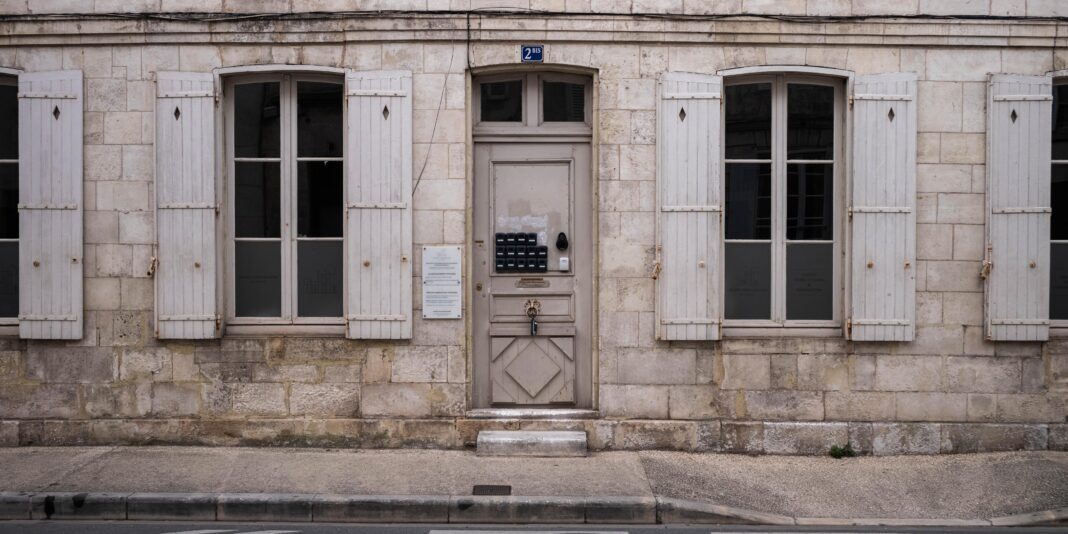
In front of the Saint-Germain-des-Prés church in Paris, a curious ballet unfolds five or six times a day: colorful 2CVs park in double file, pick up tourists, and then head into the narrow streets of the Latin Quarter. A two-hour tour costs €95 per person: a small business that owes its existence to Airbnb. It’s on this platform that Frédéric Baena’s clients – mostly Americans – purchase this “experience.” “Without Airbnb, I would never have started,” admits this former financier, who owns seven 2CVs and employs several driver-guides. There are over a thousand activities like this in France on the platform. Wine merchant tours in Lyon, a “sung” walk through Montmartre with a soprano, pétanque lessons in Marseille, discovering Deauville (Calvados) by sidecar… Airbnb also allows you to book at-home services, whether you’re a traveler or not: a manicure, a hairdresser, a chef, a personal trainer.
After disrupting the tourist accommodation market, will the American multinational establish itself in the activities market, and more broadly, in personal services? This is the ambition of its management, which announced a €200 million investment in May to launch these new dimensions. The goal: capture more traveler spending. The principle is simple: attract micro-entrepreneurs and take a commission (between 15% and 20%) on each service sold. Unlike its competitors already in this activities market (Viator, GetYourGuide), Airbnb’s advantage is its ability to offer “packages” combining accommodation with these services and to leverage the vast customer database it has built. “We want to become the Amazon of services,” summarized Brian Chesky, the CEO of the California-based company, in June.
Within three years, Airbnb estimates it can generate $1 billion (€850 million) in revenue from these new activities. A small fraction of the $11 billion it made in 2024 from its core business, short-term rentals. But storm clouds are gathering, as vacation budgets tighten in its main markets, and local regulations intensify from New York to Barcelona, and through Paris, Saint-Malo (Ille-et-Vilaine), or Annecy. While the group is currently at the peak of its power, multiple signals indicate that the golden age for tourist rentals is nearing its end. In September, Brian Chesky stated at a conference that he was “not happy” with his company’s growth rate and that diversification was absolutely necessary.
